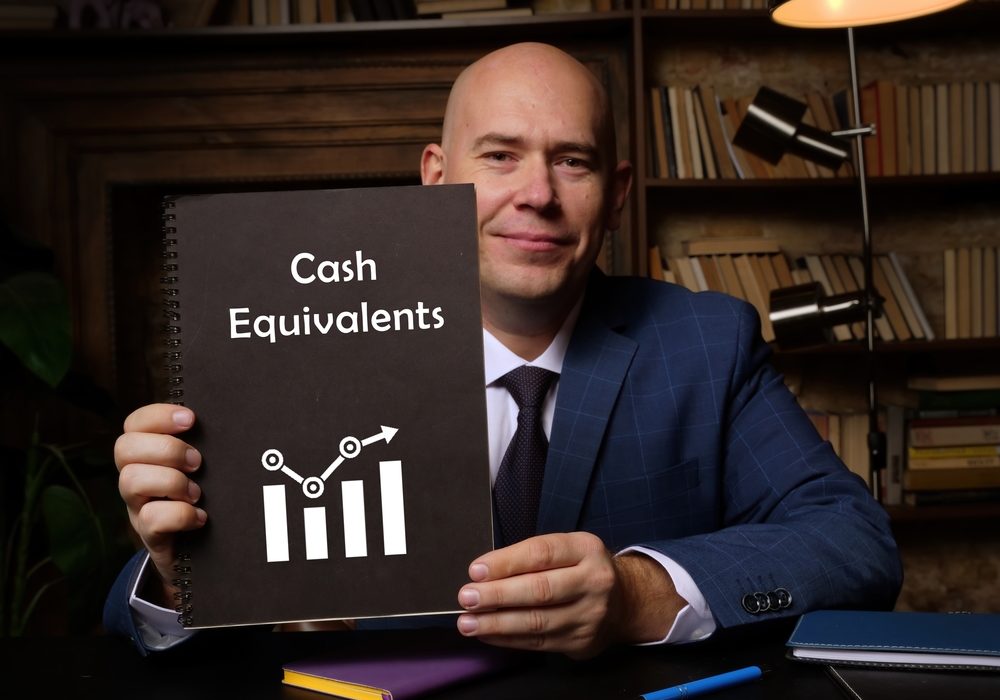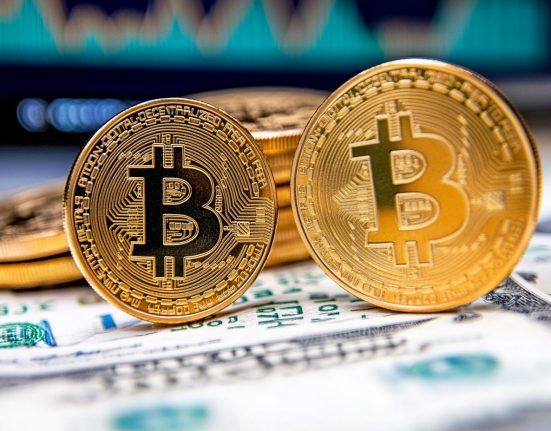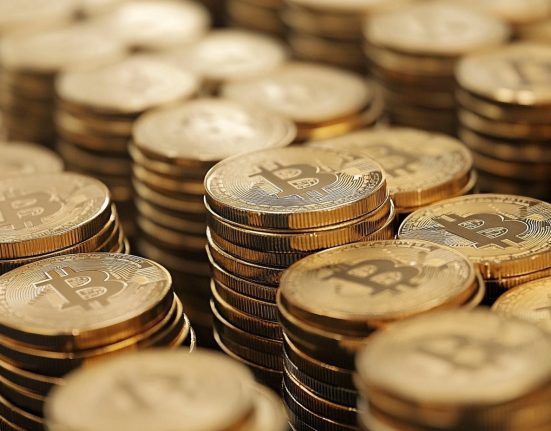Cash and cash equivalents are popular right now. And with some savings accounts paying 4% or more, it’s no wonder.
Cash is king — both for millionaires and the rest of us right now.
Multiple surveys show that wealthy people are moving their funds into cash or cash equivalents like CDs. According to a CNBC Millionaire Survey of households with $1 million or more in investable assets, 34% of millionaire investors say they’re keeping more of their money in cash, with 24% of their portfolios in cash, up from 14% last year. And when consulting firm Capgemini surveyed over 3,000 high-net-worth individuals, wealth management executives and wealth managers, it found high-net-worth investors have 34% of their portfolios in cash or cash equivalents like CDs and money markets.
Regular folks are also leaning towards cash. In a 2023 survey by Allianz Life, more than half (63%) of Americans said they are keeping more money out of the market than they think they should, and 62% would rather have their money sit in cash than endure market swings.
So why are so many opting for cash right now? “Most investors that are in the later years of their career or in retirement are holding higher levels of cash simply because of the uncertainty in the marketplace and for the first time in a decade they are getting favorable returns on their savings,” says certified financial planner James Daniel at The Advisory Firm.
Is moving more of your money into cash the right move for you?
It depends, among other factors, on how much you have in cash already and your short- and long-term goals.
Most everyone needs an emergency fund, pros say. “Most advisers believe a good rule of thumb is to have at least 3 to 6 months of income on hand. For cash purposes like emergency funds, savers should definitely be taking advantage of higher rates in bank instruments like savings accounts, high-interest money market accounts and even to some extent, short term CDs. This is a time to be shopping the rates and being aware of those options,” says certified financial planner David Maurice at Worthwhile Wealth.
And Daniel says cash makes sense in a variety of settings. “Having a suitable reserve is always recommended. Holding a lot of cash within retirement accounts depends on the individual. Considering that the cash could generate very close to the same yield as a Total Return Bond fund, there really isn’t a compelling reason to not have some liquidity in a super short-term fund or even a money market,” says Daniel. To determine how much cash should be in a retirement account, Daniel says it’s best to understand the total return an investor is trying to achieve. “Then figure out what is the optimal way to design that with the least amount of risk,” says Daniel.
That said, don’t go running to cash if it’s not part of your long-term strategy. Bobbi Rebell, founder of Financial Wellness Strategies and author of Launching Financial Grownups, recommends that people stick to their own plan and not pay attention to what others are doing. “Our resources are different as are our priorities, objectives, goals and values. In other words, if all those point to moving to a strategy with less equity exposure and keeping more money in cash, then that’s the best plan. Focus on your own goals and be mindful of the economic factors that will impact your ability to achieve those goals,” says Rebell.
Jason Co, certified financial planner at Co Planning Group, says for those with short-term spending objectives, “parking their money in a high-yield savings account or, at a stretch, a money market fund for added returns, would be most advisable. As for individuals with a more extended investment horizon of five years or more, a hoard-now approach might not be the most effective. Instead, I’d advocate for a balanced investment strategy that spreads their assets across diverse investment vehicles including cash, stocks, bonds and tangible assets.”
Maurice agrees that long-term investors shouldn’t be hoarding cash as the likelihood of exiting the bear market and entering a new bill market will take most investors by surprise, leaving them to miss out on what are typically significant gains. “The longer one stays out waiting for a clear weather sign, the harder it is to get back in with all or any part of hoarded cash,” says Maurice.
Where should you put your cash?
If you do decide to free up some cash, Daniel says investors could use a money market fund or high-yield savings account that would get them yields between 3.5% to 4.5%. “If they want to lock in that yield, a CD would be useful. If their money is inside an investment account or retirement account, then a money market fund, T-Bill or short-term bond fund would work as well,” says Daniel.
Before determining exactly where you should put your money though, Rebell says it’s important to consider your timeline. “From there you can decide whether to choose something like a CD, a government bond tied to inflation or a high yield savings account. One thing to remember is FDIC insurance still has limits, so savers should be mindful to make sure they don’t keep more money in any given account than will be covered should something go wrong at their financial institution,” says Rebell.








